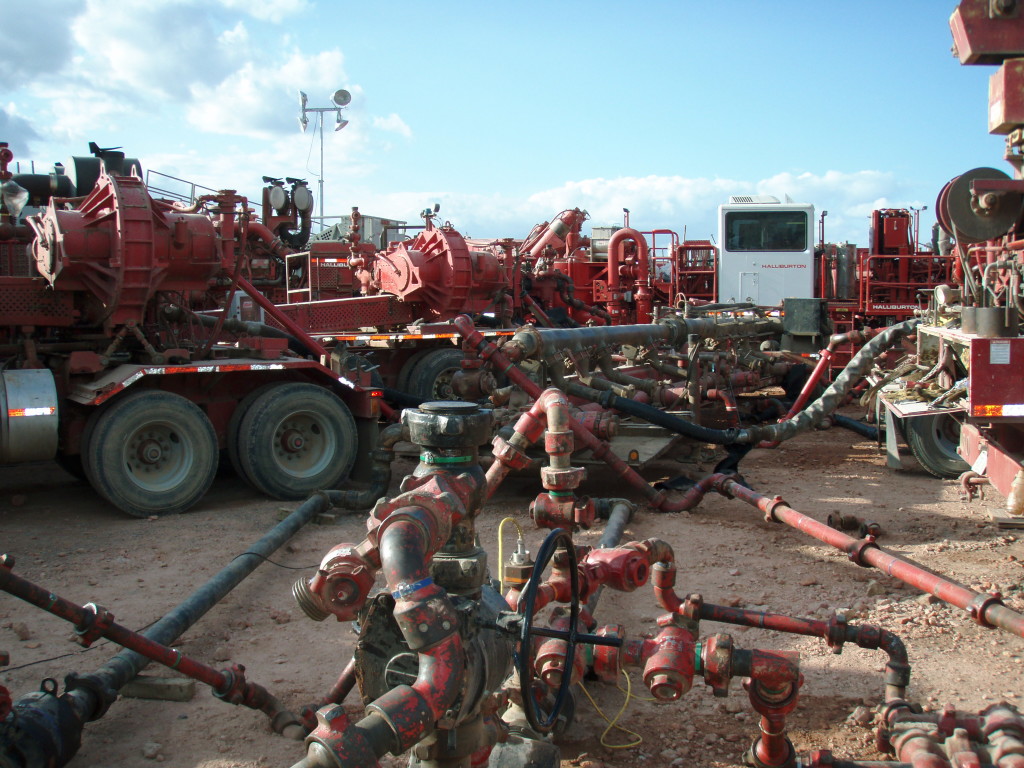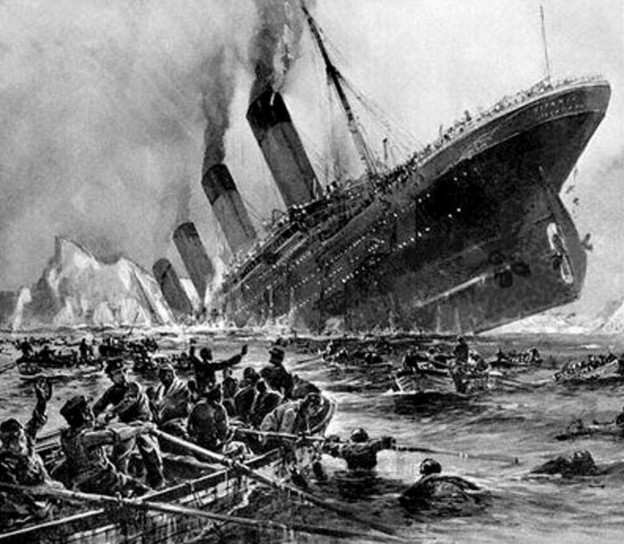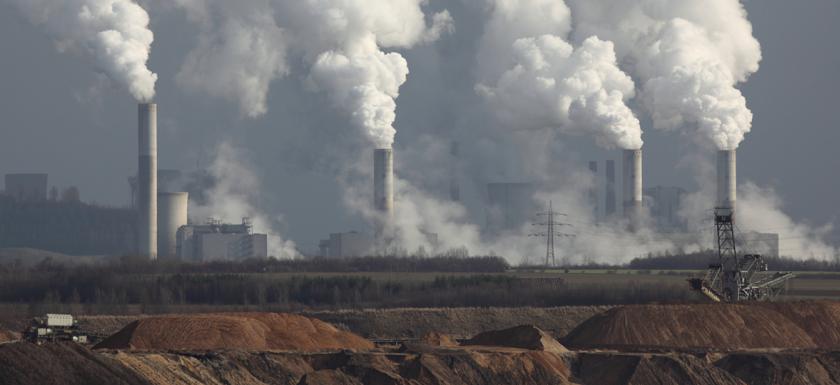Podcast: Play in new window | Download
Subscribe: RSS

War used to be up close and personal. Then, with artillery, we achieved enough detachment that people started to like it. (Photo by walterpro/Flickr)
Neocons and candidates for president and others trying to establish their patriotic bona fides bray for war — with ISIS, or Iran, or China or Russia, virtually anyone will do. When those of us who have either experienced war, or read a book about it, object that to choose war is lunacy, they condescend to reassure us. It will be a surgical strike, they say; or we will just train and advise a surrogate country, and it will do the messy part; we’ll use air power, so neither you nor any of your children (Wait, none of them is a pilot, right? Good.) need worry about it. Continue reading







